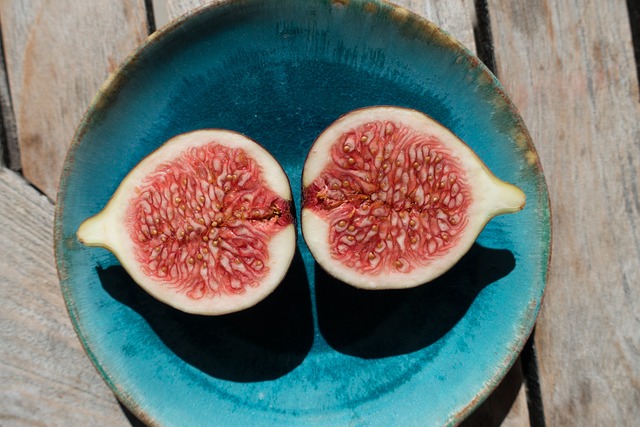(‘Beyond Yogurt: Exploring the Diverse World of Probiotic Sources’)
Probiotics are known for their positive impact on gut health, but did you know that yogurt is just one of many sources of these beneficial bacteria? While yogurt is undoubtedly a popular choice, there is a wide array of other probiotic sources worth exploring. In this blog post, we go beyond yogurt and delve into the diverse world of probiotic-rich foods and supplements that can help support a healthy gut.
Kimchi: A Tangy Fermented Delight
Originating from Korea, Kimchi is a traditional side dish made from fermented vegetables, typically cabbage and radishes. Packed with vitamins, minerals, and probiotic strains such as Lactobacillus and Bifidobacterium, kimchi offers a unique and tangy flavor profile. This delicious condiment can be enjoyed on its own, added to salads, or used as a flavorful addition to soups and stir-fries. Plus, it’s easy to make at home if you’re feeling adventurous!
Kombucha: The Tea-Based Elixir
Kombucha is a fermented tea beverage that has gained popularity for its refreshing taste and potential health benefits. It is made by adding a SCOBY (symbiotic culture of bacteria and yeast) to a sweetened tea mixture, allowing the fermentation process to take place. The result is a lightly carbonated drink that is rich in probiotics and other bioactive compounds. If you’re looking for a bubbly alternative to soda or traditional sweetened beverages, kombucha is worth a try.
Sauerkraut: A Classic Fermented Dish
Sauerkraut, a staple in many European countries, is made by fermenting shredded cabbage with salt. During the fermentation process, lactic acid bacteria thrive, giving sauerkraut its distinct sour flavor and countless health benefits. Packed with vitamins C, K, and various probiotic strains, sauerkraut can be a valuable addition to your diet. Enjoy it as a topping for sausages or sandwiches, or incorporate it into hearty stews and casseroles.
Miso: Flavorful and Nutritious
Miso, a traditional Japanese ingredient, is a thick paste made from fermented soybeans, rice, or barley. Commonly used to flavor soups and marinades, miso offers a unique umami taste. It is a natural source of probiotics, as well as essential nutrients like vitamin B12, copper, and manganese. When buying miso, opt for the unpasteurized variety to ensure the presence of live probiotic cultures.
Supplements: An Easy Way to Boost Probiotic Intake
While probiotic-rich foods are certainly an excellent addition to any diet, sometimes it can be challenging to consume them regularly. In such cases, probiotic supplements can offer a convenient way to ensure an adequate intake of beneficial bacteria. Available in various forms, including capsules, powders, and even chewable gummies, probiotic supplements often contain multiple strains of probiotics to support diverse gut microflora.
Conclusion
It’s time to venture beyond yogurt and explore the vast range of probiotic sources available. From tangy kimchi to soothing miso soup, there’s a probiotic-rich option for everyone’s taste buds. Incorporating these diverse sources of beneficial bacteria into your diet can help support a healthy gut and overall well-being. So why not start experimenting with these flavorful and nutritious probiotic foods today?







